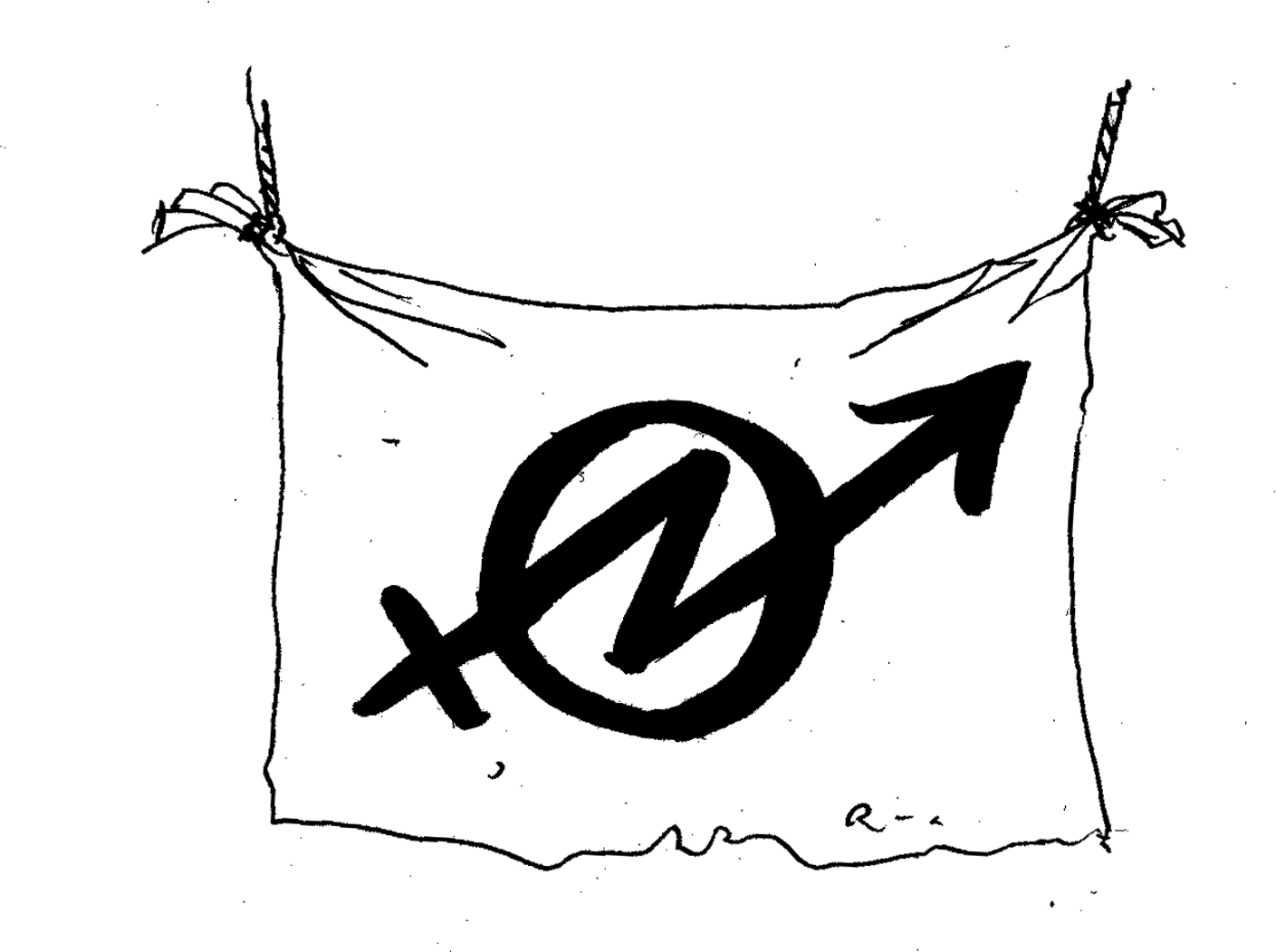Et s’ouvre enfin la maison close*
Nathan Golshem
Oral history of a squat, at the turn of the century,
“Demain les Flammes” (Issue 6)
2022
(Book Review)
The excellent journal Demain les Flammes is publishing a book for its sixth issue ! 140 hand-bound, silk-screen printed pages, with a red felt cover that feels like velvet.
Et s’ouvre enfin la maison close tells the tale of the « Clandé », a squat opened in an old gothic brothel right in the centre of Toulouse, at 9 Quéven street. A decade of adventures, from the point of view of its residents, from 1996 to 2006.
| By Polka B. / Illustrations : Victor / Translated by: Julie B.

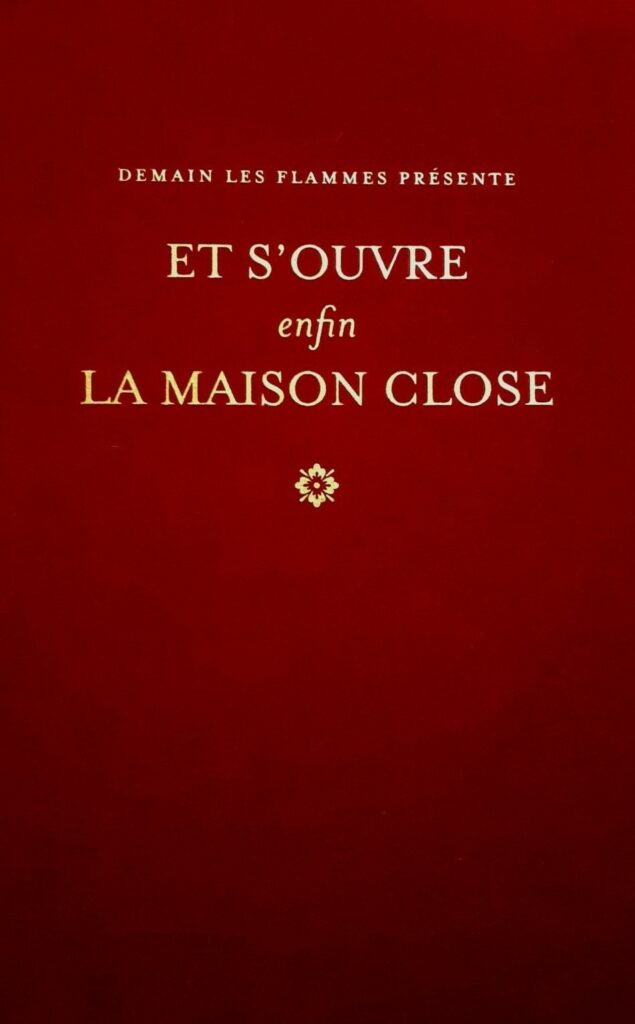
How does one convey a story ?
What is the best way to sum up the emotions, the feelings and the subjectivities that orbit around an illegal occupation, that gathered so many different energies and experiences ? To achieve such a feat, Nathan Golshem chose to directly address the narratives of the people who lived this experience from the inside.
Through about twenty different testimonies, and without prioritising one voice over the other, the book shows how many lives were changed and many choices oriented by their time spent at the Clandé. Therefore, the « writer » (understood like « the one who writes ») becomes an editor, much like in a video documentary.
His talent resides in his choice of the relevant extracts, his classification of the different interviews parts, so that the narratives all fit together logically and chronologically.

A student from Grasse (Alexia), a punk from Castres, member of the Légitime Défonce band (Eric), un homeless traveller (Mickaël), a young Italian squatter that loves the Bérus (Morgane), an anarchist that lived in Mexico with the zapatists (Julie), a militant from the anti Franco-regime political struggles in Spain (Diane), an experienced squatter from Berlin (François)…each character has their own truth, their own vision . You can only adhere to the intimate and sincere way of telling the stories of these life paths.
Here, political ideas aren’t just impersonal theory. They are applied to action and adventures, to dreams, to joys, to struggles and deceptions.
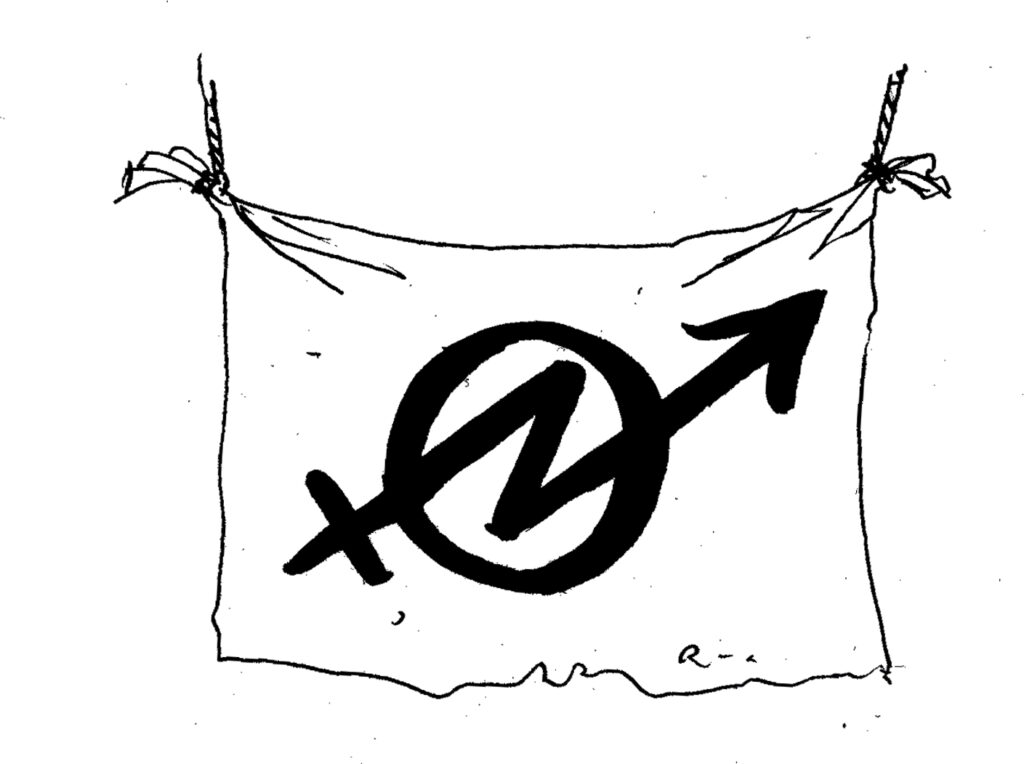
This fascinating reading reminded us of the book Free Party (Une histoire, des Histoires)**, by Guillaume Kosmicki, published by the editions Le Mot et Le Reste in 2020.
Back then, we also appreciated the telling of many stories gathered together from an extensive panel of people from this movement.
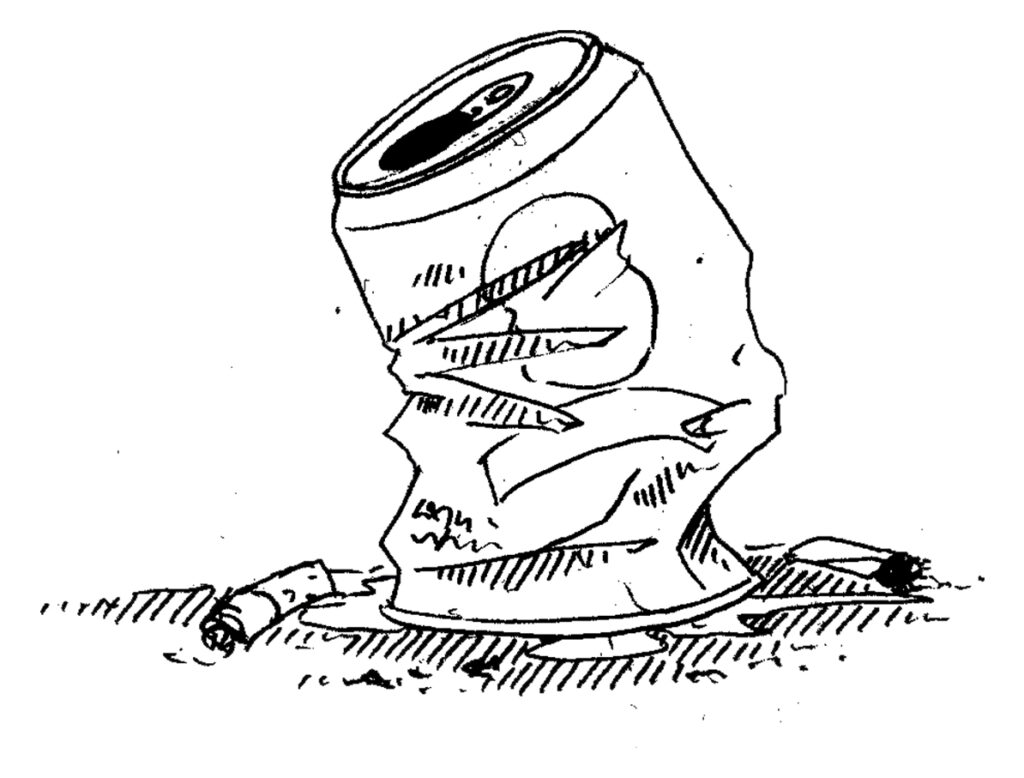
Were they ancients, new-comers, historical figures, anonymous people, organizators, political ravers, musicians, cooks, dreamers, activists… What’s better than a series of different stories to tell a whole history ?
What if this was the actual way to understand a movement in its complexity and its diversity ?

To close this chronicle, we’ll leave you with this words from the prologue of Et s’ouvre enfin la maison close :
This book works on the transcription of sparks of emotions that such an adventure generated in the people who lived it. So, if the Clandé doesn’t ring a bell to you, if you don’t know the city where it was born -Toulouse-, if you’ve never set foot in a squat, very well. May this book make you wander in this fruitful universe, where people move around animated by political and cultural imaginaries with an unfathomable strength.
*Et s’ouvre enfin la maison close, literally means « and the closed house finally opens », but this title has a double meaning, since « maison close » literally means « closed house », but figuratively means « brothel ». The Clandé being an ancient brothel, the wordplay makes sense.
** Title translation : Free Party (one history, many Histories).

Interview with Nathan Golshem
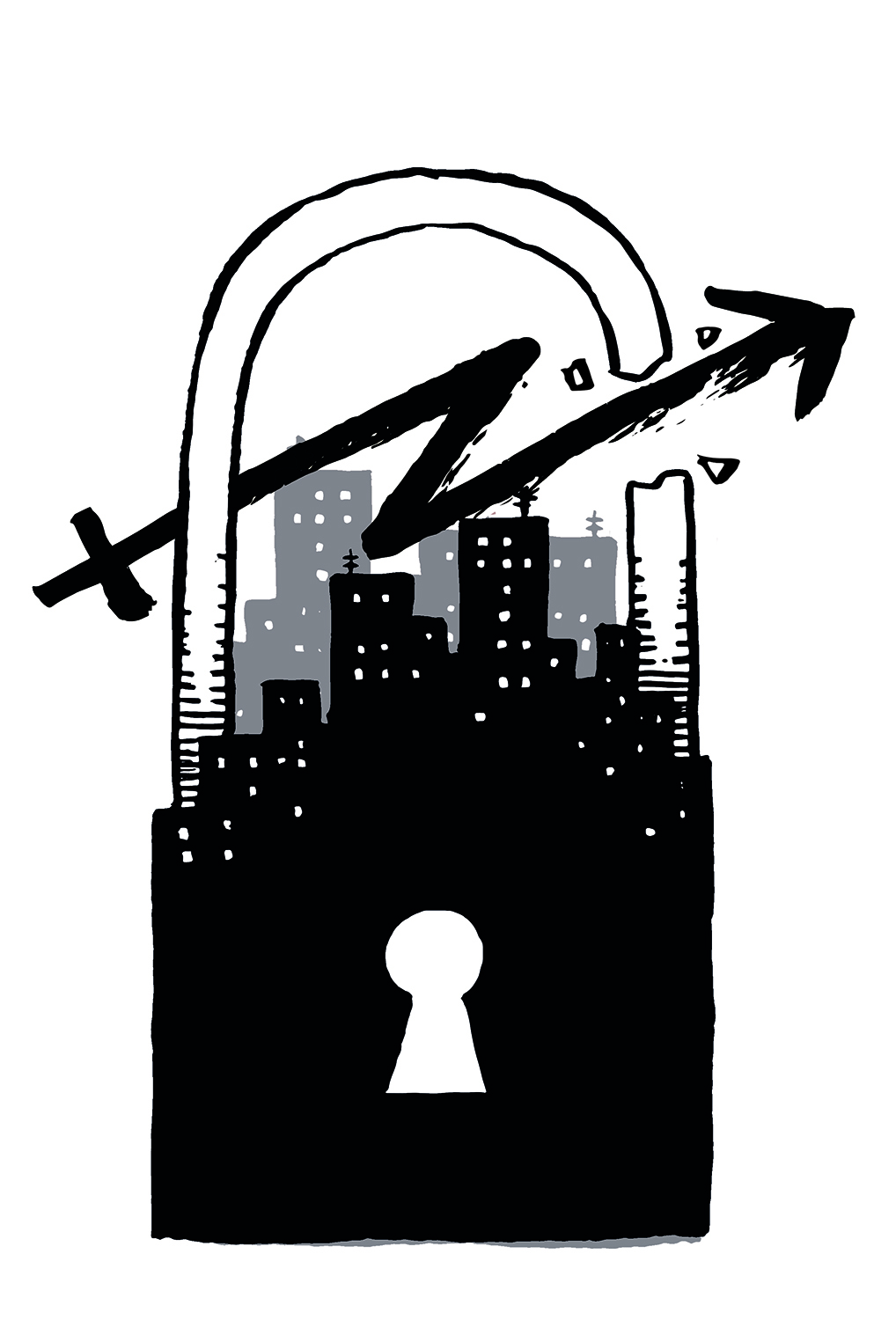
What motivated you to write this book ?
Well I discovered the punk and anarchist scenes around 2008, when I started high school. I arrived at the « infoshop du Kiosk », which was an emanation of the Clandé.
As I met the people around me, I realised that this squat was anchored in a lot of people’s minds.
I felt like there was some kind of mis-transmission (it was essentially oral) of this kind of places’ memory and history. So I got into it in 2016, and finished writing in 2021.
Why did you choose to convey this story through interviews ?
I needed this impulse. The people who lived at the Clandé tell its story with stars in their eyes, because it is a part of their youth. And on the other hand, I didn’t want to mystify the place. I wanted to tell the story of a place that could have been an other one, in a sincere and honest way.
It is not « THE » place. It is a collective story, with all its complexities. Somehow, the Clandé is a decor set to address a lot of different subjects, fuelled by the insertions of the anecdotes.
How did you conduct the interviews ? How did you « assemble » them ?
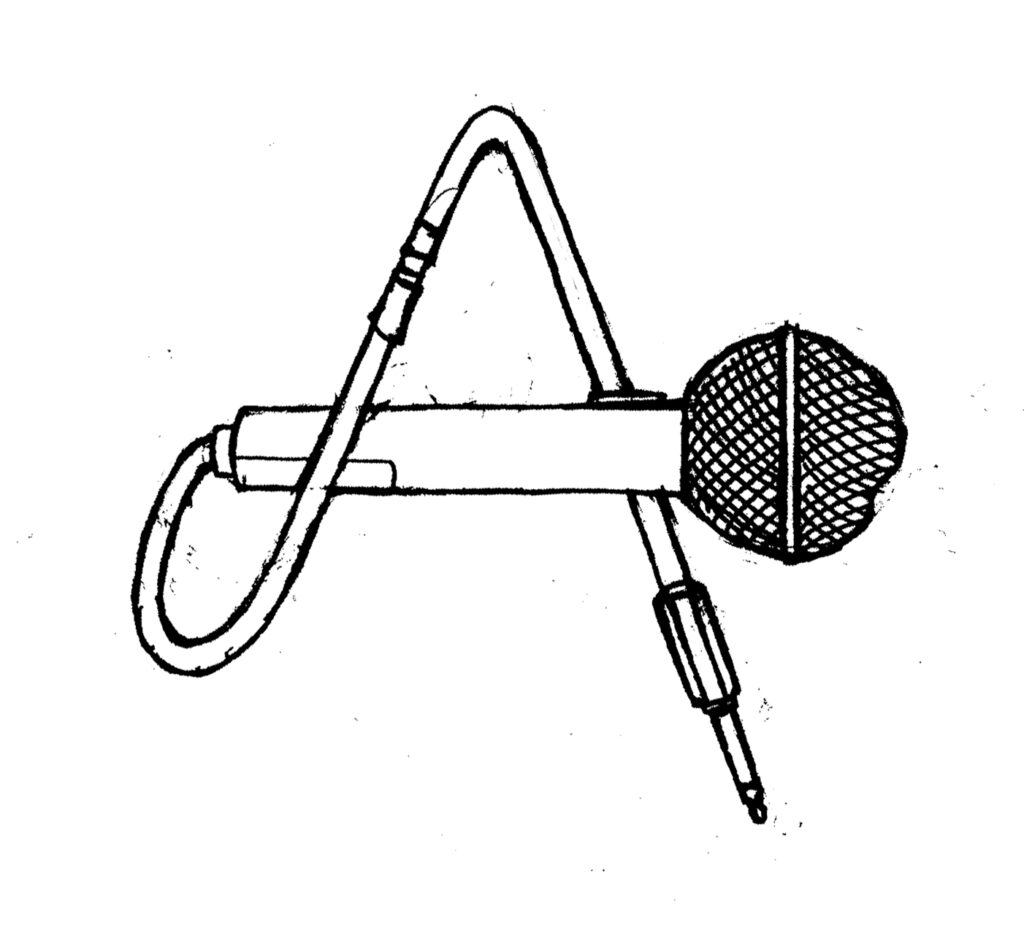
I realised that some subjects were recurring. Some were more interesting to me than others… And as I interviewed people, I started orienting my questions on a more precise range of subjects. For the « montage », I didn’t have a particular technique. I had to lock myself up for a whole week and do just this, in order to have all the details in mind. It may be a book of testimonies, I ordered it in a subjective way. I also wanted to narrative to be fluid and pleasant to read.
